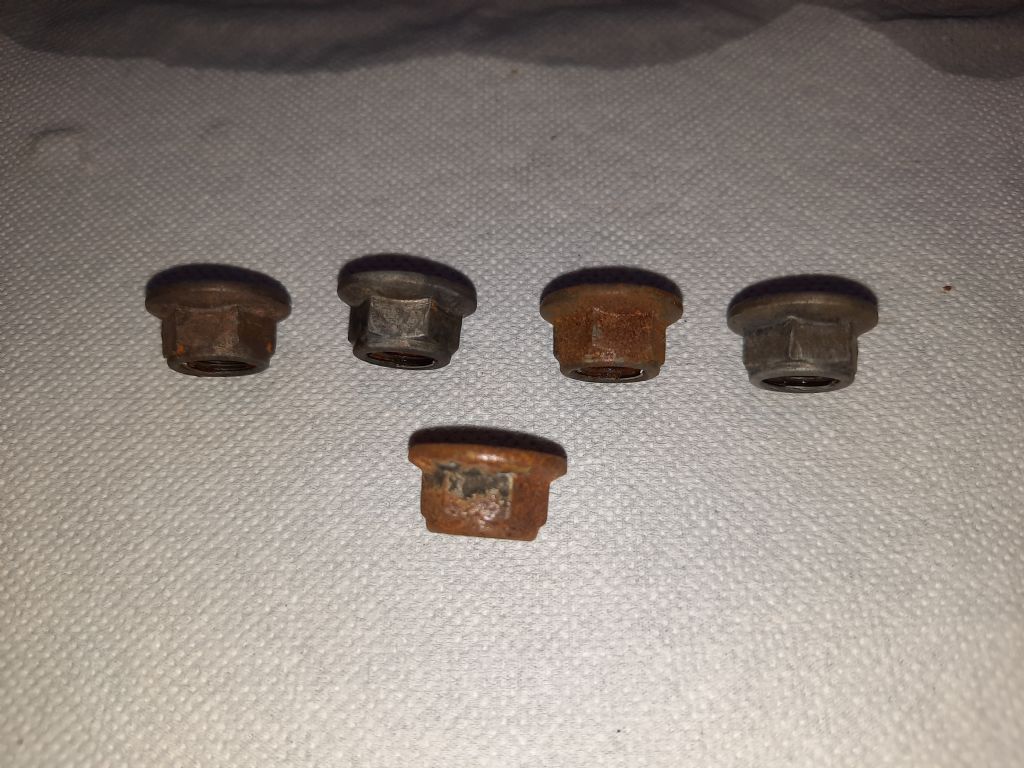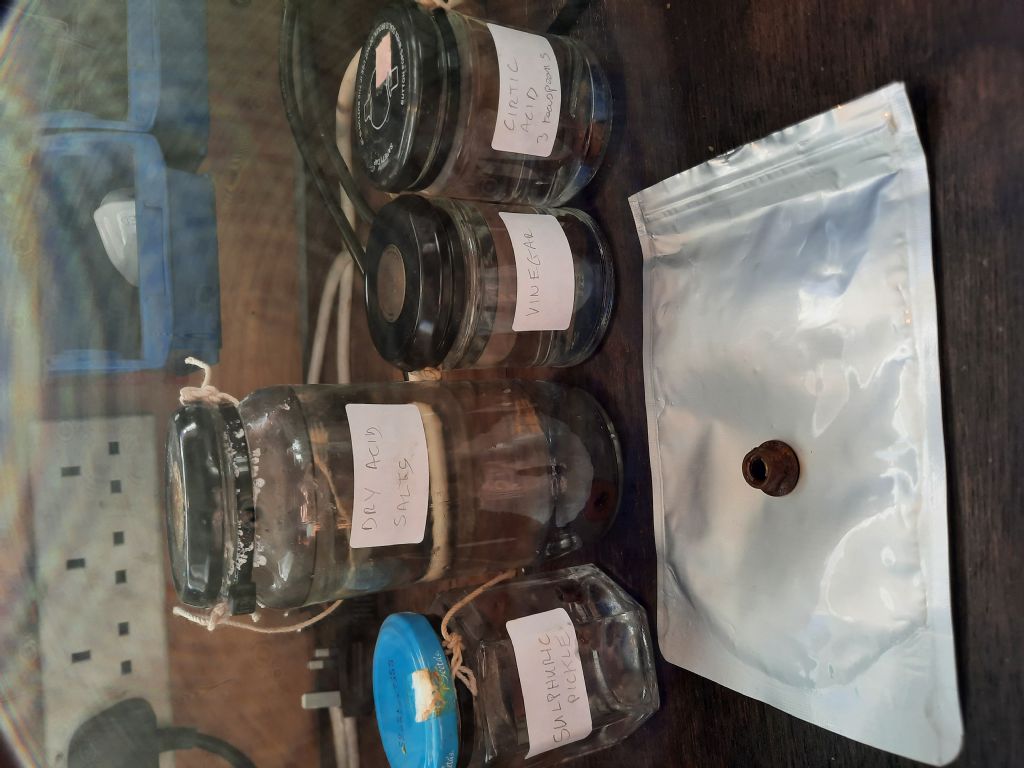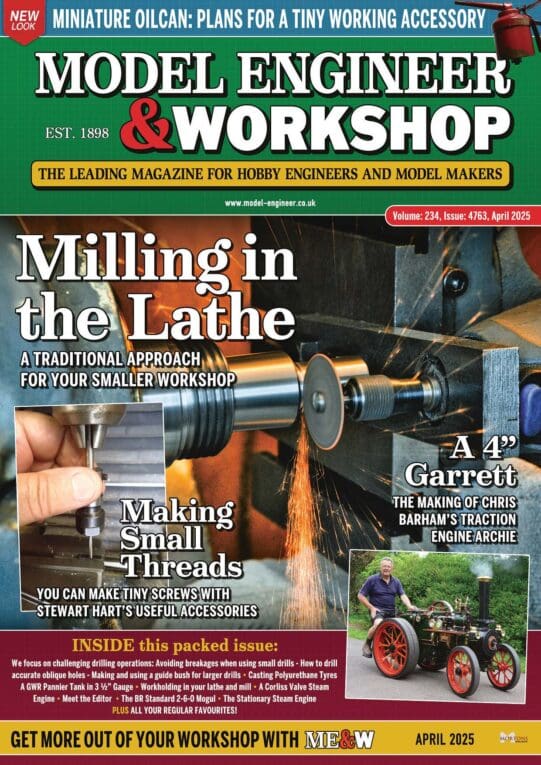Metal Cleaning Using Vinegar?
Metal Cleaning Using Vinegar?
- This topic has 61 replies, 30 voices, and was last updated 20 February 2022 at 16:04 by
Roger Best.
- Please log in to reply to this topic. Registering is free and easy using the links on the menu at the top of this page.
Latest Replies
Viewing 25 topics - 1 through 25 (of 25 total)
-
- Topic
- Voices
- Last Post
Viewing 25 topics - 1 through 25 (of 25 total)
Latest Issue
Newsletter Sign-up
Latest Replies
- My week this week! My workshop videos
- Flattening brass plates
- Problem getting the right parameters on a VFD
- Myford S7 Taistock Adjustment
- How to wire up 3 phase motor and 3 phase converter?
- Morse Key
- James Coombes Drawing Error (or mine?)
- Measuring increments on boring head
- Flexispeed Meteor 2
- What Did You Do Today 2025






